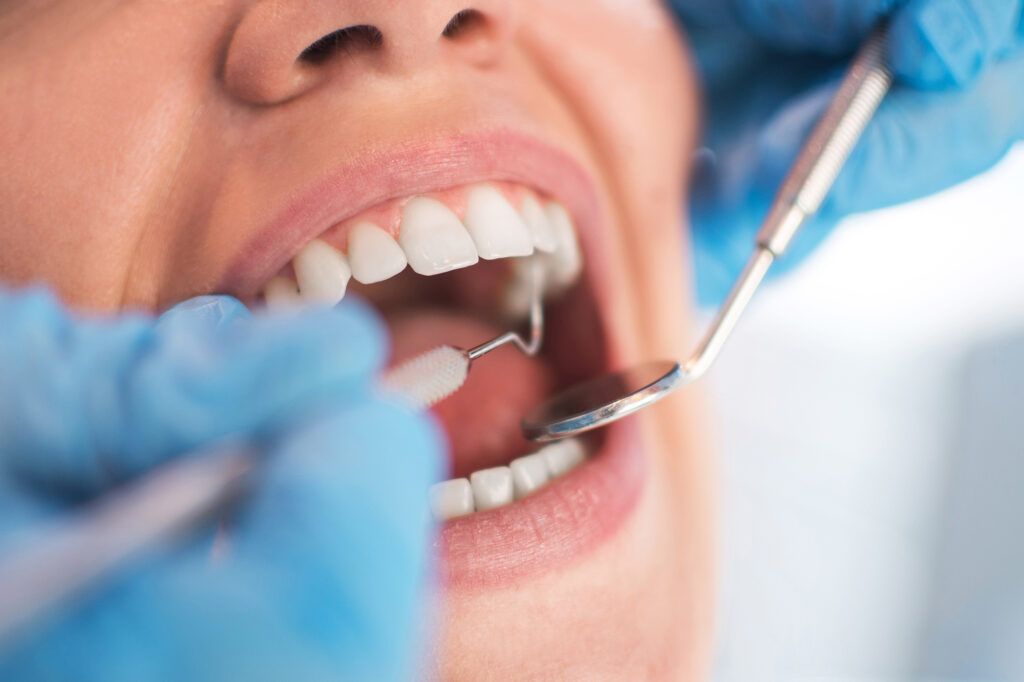As the practice of dentistry has advanced, its experts have rightly acknowledged the importance of creating specialized fields. Doing so improves the quality of care and allows the public access to the specific services they need. It is very difficult for dentists to do so many different things and perform these tasks well. Other fields of science and medicine have their respective areas of specialization, and dentistry is no exception. Oral maxillofacial surgeons such as Dr. Redlinger specialize in surgery within dentistry.
What Is Oral Maxillofacial Surgery?
Oral and maxillofacial surgery are specialized forms of surgery. Oral surgery is performed on the mouth, gums, and teeth, while maxillofacial surgery deals with the jaw, face, and head. Oral and maxillofacial surgeons must complete a minimum of four years of residency in oral surgery after dental school. Some oral surgeons graduate with medical degrees instead of dentistry degrees.
Most people don’t understand oral surgery, and just hearing the term makes some people feel uncomfortable. However, most oral surgery procedures are commonplace within the medical world. They address problems experienced by most people, like tooth loss, impacted wisdom teeth, and sleep apnea. Even though each patient has their individualized diagnosis and procedure, they can go back to their everyday activities and work just a few days after their appointment.

What Is The Procedure For Oral Surgery?
If you are scheduled for an oral surgical procedure, we will thoroughly inform you about the specifics long before we begin. That involves making arrangements for transportation, getting you up to speed on recovery care, and explaining the medications you’ll need to take if any.
If you require general anesthesia, we will likely tell you not to consume any food or drinks beginning the night before the procedure. For that reason, we try to schedule such surgeries in the morning, minimizing the ache from hunger and thirst. General anesthesia generally leaves a patient unable to drive for a time so we may tell you to find a friend or relative who can drive you to and from our office.
Once you get to the procedure room, present all of your pressing questions to Dr. Redlinger. He will explain everything for you and might present you with a sedative or pain medication if you have not fallen asleep during the surgery.
What Is The Recovery Period Like?
Depending on your condition and what kind of surgery you underwent, you may have to take a few days off of work, avoid overexerting yourself, take certain pain medications or antibiotics for a while, and avoid some kinds of food and drink. Your surgeon will tell you the length and limitations of your healing period.

For those interested in having a dental implant procedure, you can drop by our clinic. Please call us today at (775) 368-8221 or click on the button below to schedule an appointment.








